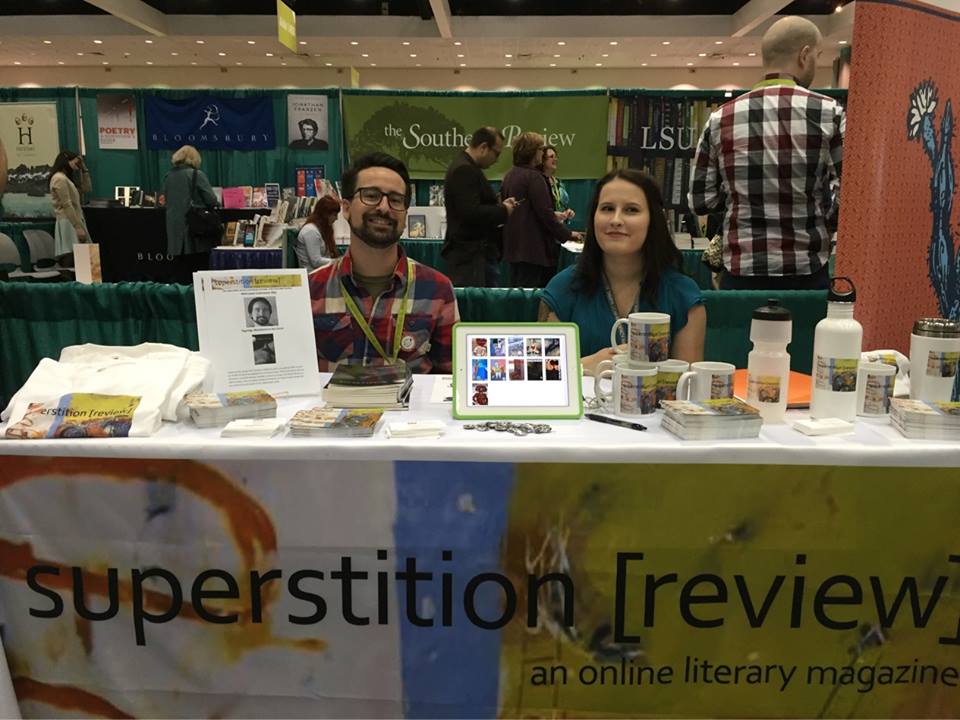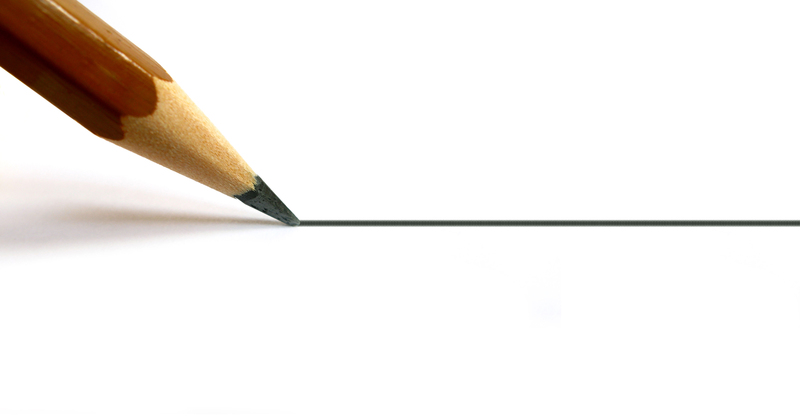
AWP? What’s that? My friends and family and anyone else I told about my weekend plans inquired into my LA trip plans.
Well it’s a conference for writers, basically. I replied casually and coolly as if I wasn’t a newbie.
Well, what do you do there?
Uh, like, go to panels and stuff, and buy books. Writer things.
Sounds fun.
I think so!
I’ll admit, I had slight doubts about the truth of the last statement. Did I think AWP would be interesting? Enjoyable? Worth going to? Yes, yes, and yes. However, I wasn’t sure if it would be fun, per sé, in the sense of childlike amusement, easy-going, “relax and have fun,” fun. Boy, was I wrong.
The conference was predated by a road trip, something I was a little nervous about in the beginning. I’m not good with long car trips (motion sickness), I do not pack lightly (fear of not having the right outfit for the right event is a legitimate thing), and I was travelling with two women I didn’t know really well (what do I talk about?!). However, within an hour of being on the road (and a Dramamine), my qualms melted away. We bonded quickly over shared ailments and McDonalds (oh, and of course what AWP panels we were looking forward to).
Once arrived in LA, we got settled into the lovely JW Marriott and began our trek to the convention center, which overwhelming both size-wise and architecturally (there are just so many bars everywhere). We checked in, got our badges, and even pestered a security guard into taking our photo. We were officially clocked in to AWP 16.
The next couple of days would be, for lack of a better word, an experience. It may seem cliché, but I really did learn a lot about my interests, my long-term goals, and, most importantly, myself. I had the fantastic opportunity to become friends with and grow closer to my fellow interns (and roommates during the trip), Ofelia, Alexis, and Jess, who are all beautiful, intelligent, and incredibly talented women. I grew all the more appreciative of my internship with S[r] and of Trish, the most amazing mentor probably in all of existence. I also gained much knowledge about craft, met my favorite slam poet, Anis Mojgani, and came home with two tote bags worth of swag.
So, now a AWP vet, I have compiled a list of eight things about AWP that I think anyone, first-timer or old-timer, should keep in mind:
- You won’t go to all the panels you want to go to. In fact, after the first day, you probably won’t even try to go to all of those panels. That’s perfectly okay—you are human and you will probably be exhausted all week anyway. We are all taking a slight detour from real life to go to AWP, which is impressive enough, right?
- It’s okay to eat at some greasy chain restaurant the first night—don’t stress yourself out trying to find a Yelp-approved, hole-in-the-wall , unique restaurant. Sometimes you end up at a run-down Hooters at 10 at night, even in LA. You’re tired, you deserve wings and cold fries!
- If a panel takes a turn for the worse, don’t be afraid to skip out. AWP is about curating your own writerly education and if the panelists start arguing with each other about something completely off topic, well, you aren’t really learning anything are you?
- Social media, namely Twitter, is one of the best parts of AWP—see hashtags #badAWPadvice, #AWP16, and #overheardatAWP. Not only is social media great for building your brand (look at all I’m accomplishing, everyone) and interacting with big names/presses/magazines in the industry, but it also allows for some inside humor.
- Set aside at least 2-3 hours, maybe more, for the book fair. I promise it is worth your while to take your time and really pay attention to the books, magazines, contests, MFA programs, and so on that are all being offered. Don’t be afraid to talk to people at the tables either. We want to answer your questions and chat about you, your writing, and whatever else may come up. Also, if you are a poor college student, buying on the last day is a more financially viable option.
- Ask questions in panels and network (if you can) with the panelists, especially in career-oriented panels. Don’t be afraid that your question may sound dumb or that you’re hair looks wonky. There is no better chance to put your name in the mind of an editor than if you give it to them directly.
- Go to the AWP dance party and shake off all the stress from the day. Writers are great dancers! Also, it is free entertainment.
- Remember: you are a writer. Even in the midst of so many brilliant and successful people who have accomplished more than you, you are a writer. Don’t feel intimidated!
AWP changed me, for the better. It reignited a lot of the passion I had lost for reading and writing over the past year (senioritis and personal life drama can really destroy your livelihood). I’m confident that its impact is similar on all attendees—after all, so many people continue to come back. If you’re interested in going, I encourage you to do it (and I’m not even getting paid to say this, so you know it’s a real sentiment), and if you have gone before, and will again, I will see you in D.C. Look for the dark-haired girl frantically searching for a Hooters.

